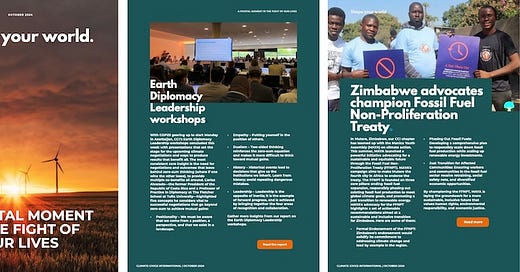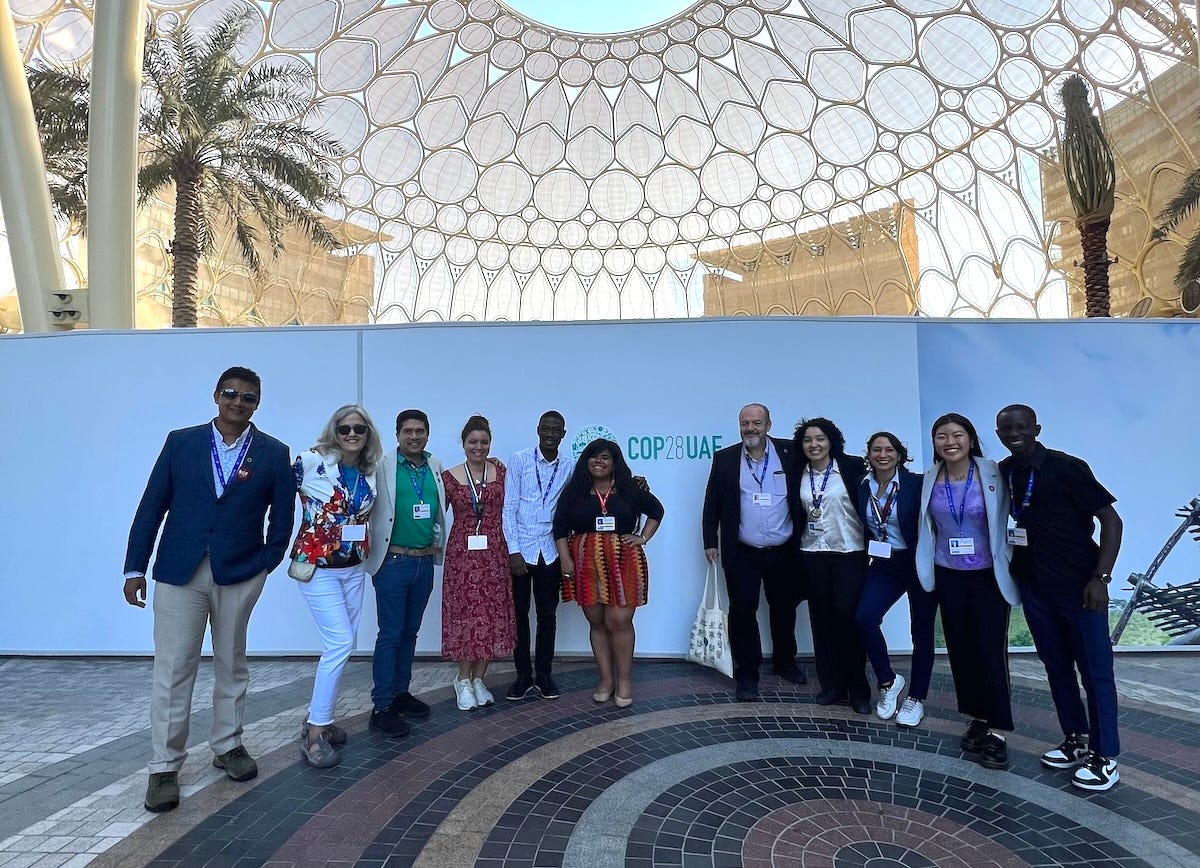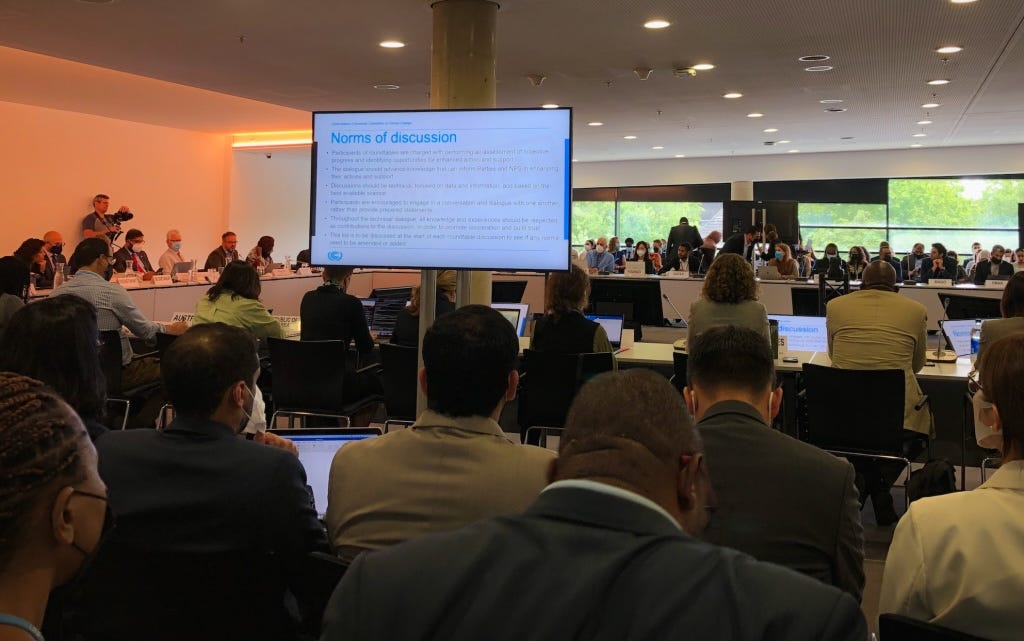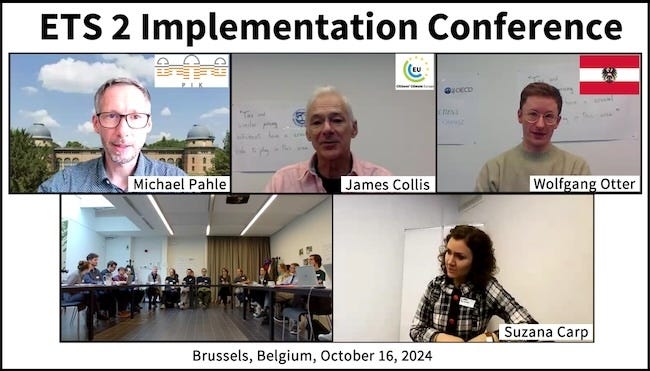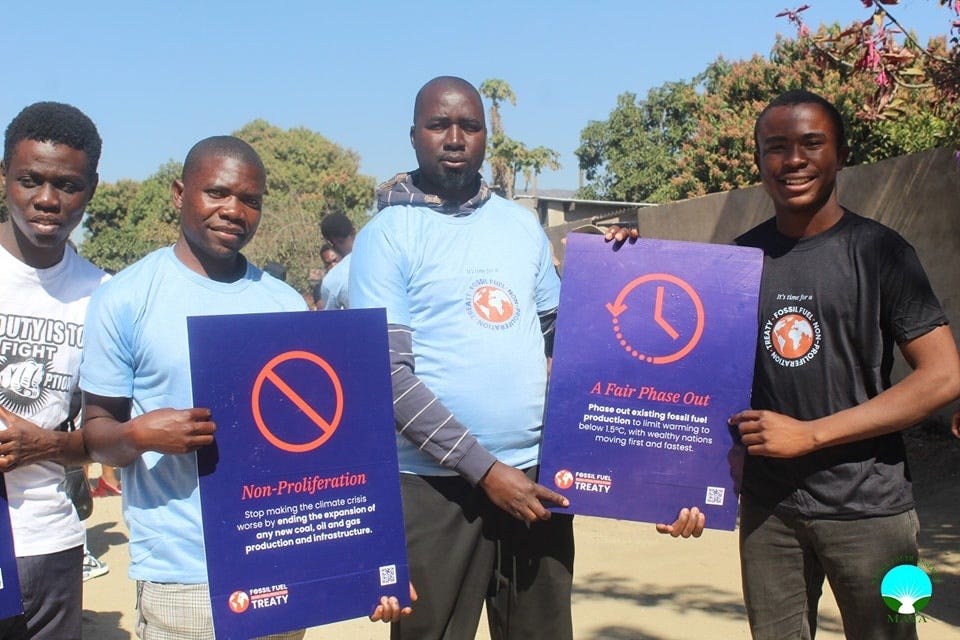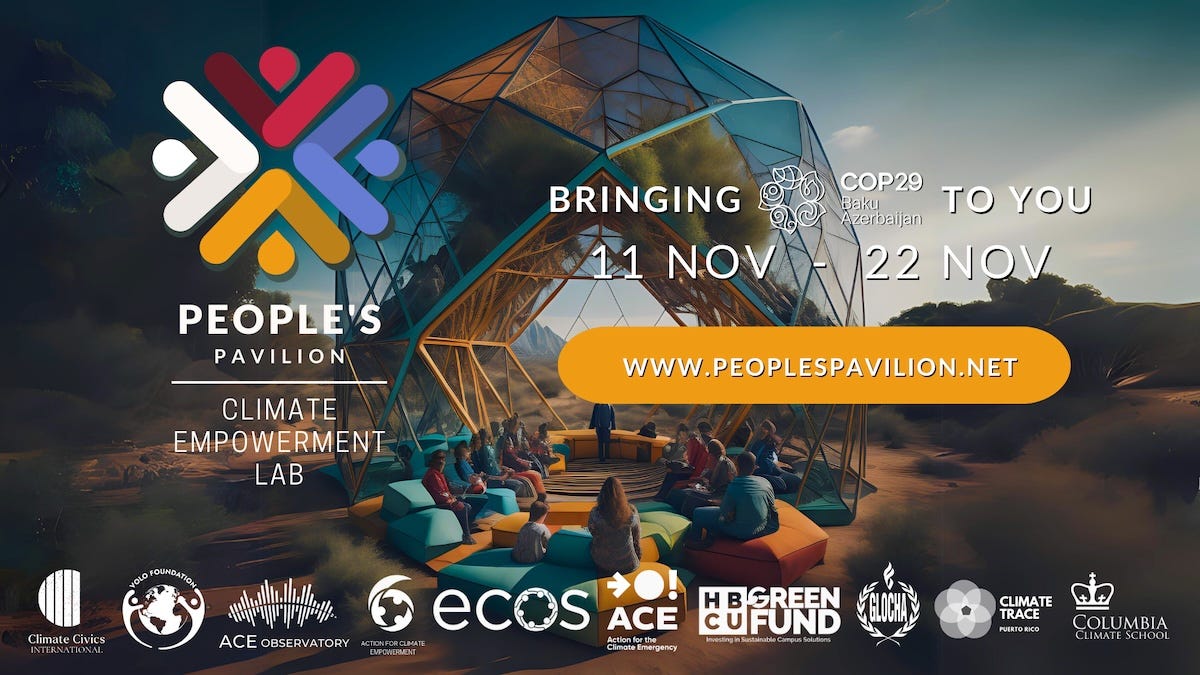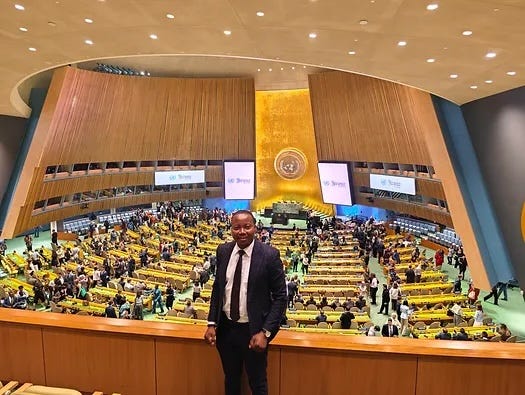A pivotal moment in the fight of our lives
NEWSLETTER, October 2024—Introducing Climate Civics International; Earth Diplomacy Leadership workshops; CCL Europe event on ETS2; Advocates champion Fossil Fuel Non-Proliferation Treaty
At the end of October, parts of Spain were inundated with more rain in one day than normally falls in several months. Torrents of water pushed cars through the streets of cities, and more than 200 people perished in the floodwaters. A month earlier, similar scenes unfolded in western North Carolina when Hurricane Helene dumped several feet — yes, feet, not inches — of rain in the mountainous terrain. The consequences of climate change are upending and ending lives throughout the globe, and unless the nations of the world take decisive action immediately, these devastating catastrophes will occur with greater and greater frequency. The action needed, of course, is a speedy transition away from fossil fuels that emit the heat-trapping gases that cause the climate crisis. Following the recent presidential election in America, that transition will prove to be challenging, as leadership from the U.S. is not expected in the next administration. It will be necessary to find that leadership in other countries, where citizens engage their governments to demand effective solutions to reduce greenhouse gas emissions. Climate Civics International — yes, we have a new name — will continue to empower citizens and provide the tools they need in the fight of our lives to preserve a livable world.
Introducing Climate Civics International
Citizens’ Climate International, which empowers advocates in 76 countries to engage their governments on climate solutions, is changing its name to Climate Civics International. “We wanted the name to more accurately reflect the importance of civic engagement as the most powerful tool to combat climate change,” said Joe Robertson, executive director of Climate Civics International. “Stakeholders, people whose lives are affected by climate disruption, must be involved in decisions that reduce catastrophic risk and shield communities from the impacts of extreme weather, rising temperatures and rising seas.”
In addition to stakeholder empowerment at the grassroots level, CCI will work to advance multilateral climate cooperation. By working together, the nations of the world can align finance and investment with climate-resilient development, advance climate-smart trade, and reduce vulnerability to people, communities, and countries.
Moving forward, the CCI program will focus on four goals:
Build advocacy networks by providing volunteers with education in science, policy, economics, communications, and civics.
Enhance climate diplomacy that aligns geopolitical priorities with the urgent need to transform industries and economies to support climate-resilient development.
Transform food systems to make them more innovative, inclusive, sustainable and resilient.
Decarbonize and build resilience by deploying tools, like carbon pricing, to quickly transition away from fossil fuels.
Earth Diplomacy Leadership workshops
With COP29 gearing up to start Monday in Azerbaijan, CCI’s Earth Diplomacy Leadership workshops concluded this week with presentations that set the stage for the upcoming climate negotiations and ways to produce results that benefit all. The most consistent core insight is the need for negotiations and outcomes that leave behind zero-sum thinking (where if one wins the other loses), to provide multiple co-benefits all around. Carlos Alvarado—the former President of the Republic of Costa Rica and a Professor of Practice in Diplomacy at The Fletcher School at Tufts University—highlighted five concepts he considers vital to successful negotiations that go beyond zero-sum to achieve mutual gains:
Positionality – We must be aware that we come from a position, a perspective, and that we exist in a landscape.
Empathy – Putting yourself in the position of others.
Dualism – Two-sided thinking reinforces the zero-sum equation and makes it more difficult to think toward mutual gains.
History – Historical events lead to decisions that give us the institutions we inherit. Learn from history; avoid repeating dangerous mistakes.
Leadership – Leadership is the opposite of inertia; it is the example of forward progress, and is achieved by bringing together the four areas of recognition and collaboration.
Gather more insights from our report on the Earth Diplomacy Leadership workshops.
CCL Europe event explores ways to make ETS2 work
As Europe prepares to launch their Emissions Trading System 2, requiring carbon allowances to be purchased when fuels are sold, there is some trepidation about maintaining public support for this climate solution. The worry stems from the fact that ETS2 will likely raise costs for households. Last month, CCL Europe held an event to allay such fears and explore ways to bolster public support for carbon pricing, the tool economists view as the most effective for reducing carbon emissions. Climate income, the policy of giving people money collected from carbon pricing, emerged as a way to ease economic burdens and sustain support for ETS2. Citing an example of this policy, Wolfgang Otter from the Austrian government gave a presentation on Klimabonus, Austria’s climate income program, whereby everyone receives a payment and amounts are regionally staggered to take into account increased costs for mobility in more rural areas. With ETS2 taking effect in 2027, CCL Europe hopes to spur adoption of climate income throughout the European Union as a way to gain public support for carbon pricing at a level that will significantly reduce emissions.
Zimbabwe advocates champion Fossil Fuel Non-Proliferation Treaty
In Mutare, Zimbabwe, our CCI chapter has teamed up with the Manica Youth Assembly (MAYA) on climate action. This summer, MAYA launched a powerful initiative advocating for a sustainable and equitable future through the Fossil Fuel Non-Proliferation Treaty (FFNPT). MAYA’s campaign aims to make Mutare the fourth city in Africa to endorse the treaty. The FFNPT is founded on three core pillars: ending fossil fuel expansion, responsibly phasing out existing fossil fuel production to meet global climate goals, and promoting a just transition to renewable energy. MAYA’s advocacy for the FFNPT highlights a set of actionable recommendations aimed at a sustainable and inclusive transition for Zimbabwe. Here are some of them:
Formal Endorsement of the FFNPT: Zimbabwe’s endorsement would solidify its commitment to addressing climate change and lead by example in the region.
Phasing Out Fossil Fuels: Developing a comprehensive plan to responsibly scale down fossil fuel production while scaling up renewable energy investments.
Just Transition for Affected Communities: Ensuring workers and communities in the fossil fuel sector receive retraining, social safety nets, and diversified economic opportunities.
By championing the FFNPT, MAYA is laying the groundwork for a more sustainable, inclusive future that values human rights, environmental responsibility, and economic justice.
People’s Pavilion brings remote engagement to COP29
The People’s Pavilion is an online convening space that welcomes stakeholders from around the world to view events, join discussions, and bring their perspective to coalitions, networks, and delegates participating in the COP29 round of UN Climate Change negotiations taking place in Baku, Azerbaijan, in November 2024.
This climate empowerment lab is recognized by the UNFCCC Action for Climate Empowerment team, convened and coordinated by Climate Civics International and the ACE Observatory, with generous support from VoLo Foundation, and in collaboration with the Education Communication and Outreach Stakeholders (ECOS) community, Action for the Climate Emergency, the HBCU Green Fund, IAAI GloCha, Climate Trace, and the Columbia Climate School. The People’s Pavilion will launch on Monday, Nov. 11.
Updates
CCI Ghana: Cedric Dzelu, CCI Volunteer from Ghana and Youth Focal Person on Climate Change for the Africa Youth Commission, attended the Summit of the Future at the United Nations in September. “It became clear to me that sustainable change can only happen when diverse voices, especially those of youth and marginalized communities, are at the decision-making table.” Check out Cedric’s report on our blog.


